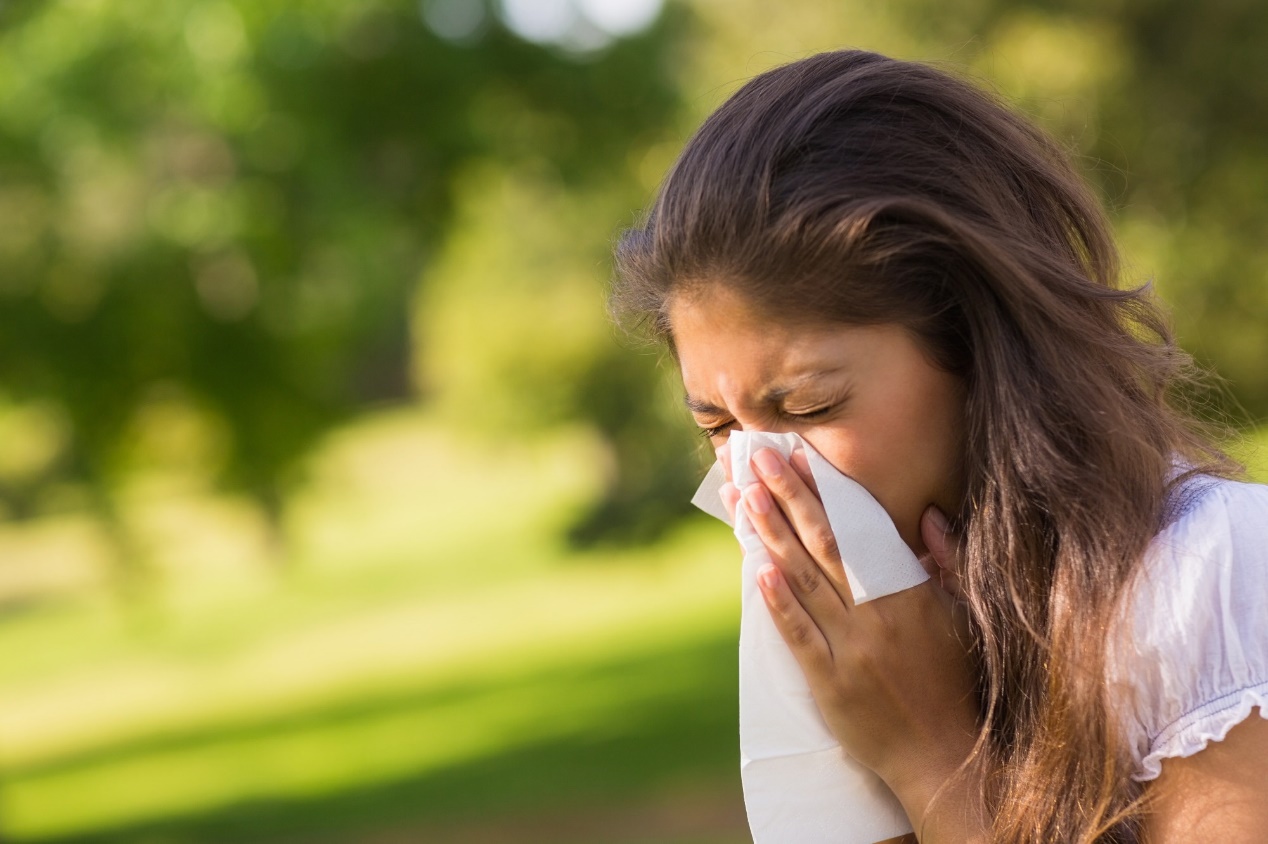新研究显示COVID-19感染后患过敏性疾病的风险增加
概要
最近发表在《自然通讯》上的一项研究探讨了COVID-19与长期过敏症的关系。该研究旨在调查种族如何影响COVID-19 之后的过敏状况。研究人员从跨国研究中抽取了不同种族的参与者,包括来自韩国、日本和英国的2200多万人。其中,韩国组包括 80 多万人,平均年龄为 48 岁。英国和日本的研究对象分别超过 32.5 万人和 250 万人。在这些群体中,韩国约有 15 万人、英国约有 7.7 万人、日本约有 54.2 万人感染了 SARS-CoV-2。
研究发现,与未感染者相比,感染了SARS-CoV-2的人患过敏性疾病的几率要高出20%。其中,感染者患哮喘的几率是未感染者的2.25倍,患过敏性鼻炎的几率高出25%。这种风险的增加在病毒原始变种和德尔塔变种的感染中都是一致的。虽然风险随时间降低,但并未完全消失。风险的降低因国家而异。此外,研究发现,中度至重度COVID-19与总体过敏风险增加50%有关,而轻度感染者的过敏风险仅为14%。
这项研究是首项为SARS-CoV-2感染与随后发生的过敏结果之间的关联提供全面证据的研究,强调了COVID-19与后续过敏症发病之间的关系。研究结果为理解COVID-19的过敏后遗症提供了新的视角,但仍需进一步研究和验证。
这项研究强调,有必要制定常态化的卫生政策来控制 SARS-CoV-2 感染的严重程度。同时,有COVID-19病史的人应该意识到,在短期内他们出现过敏表现的风险较高。
New study reveals increased risk of allergic diseases after COVID-19 infection
A recent study published in Nature Communications explored the association of COVID-19 with long-term allergic conditions.

Study: Incident allergic diseases in post-COVID-19 condition: multinational cohort studies from South Korea, Japan and the UK. Image Credit: wavebreakmedia/Shutterstock.com
Background
The severe respiratory syndrome coronavirus 2 (SARS-CoV-2) emerged in late 2019, and led to the declaration of a coronavirus disease 2019 (COVID-19) pandemic in March 2020. It caused over seven million deaths and many times that number of infections and hospitalizations.
Additionally, nearly half of COVID-19 cases have to deal with delayed or chronic morbidity, which may have set in during or after the acute phase of infection. These are called post-COVID-19 conditions or post-acute sequelae of COVID-19 (PASC), otherwise known as long COVID.
Symptoms of PASC, in some cases, include immunologic phenomena that may cause allergic conditions of various kinds.
About the study
The study aimed to investigate how ethnicity affects allergic conditions following COVID-19. Researchers formed a synthetic group comprising over 22 million individuals from South Korea, Japan, and the UK, drawing participants from multinational studies to represent these ethnic backgrounds.
Specifically, the South Korean segment included more than 800,000 people with an average age of 48. From the UK and Japan, the cohorts included over 325,000 and 2.5 million participants, respectively.
Within these groups, approximately 150,000 participants from South Korea, 77,000 from the UK, and 542,000 from Japan had been infected with SARS-CoV-2. This large-scale analysis aimed to shed light on the ethnic variations in post-COVID-19 allergic reactions.
What were the findings?
After adjusting for all known variables that could affect the outcome, the researchers discovered that individuals infected with SARS-CoV-2 showed a 20% higher occurrence of allergic diseases compared to those not infected.
This increased risk was consistent for infections from both the original and Delta variants of the virus. Specifically, the likelihood of developing asthma in those infected was more than double, at 2.25 times that in non-infected individuals.
The chance of getting allergic rhinitis was 25% higher in the infected group, though no significant increase was observed for food allergies or atopic dermatitis.
Moreover, while the risk for allergic diseases decreased over time after the infection, it didn't disappear entirely. This decrease in risk varied from country to country.
Severity of infection and allergy risk
Moderate-to-severe COVID-19 was linked to a 50% higher risk of overall allergy, compared to 14% among those with mild disease.
COVID-19 vaccination and allergy risk
Those who had received the vaccine had a 44% higher risk of allergy (with one dose). This was reduced by 20% after two doses of the vaccine. The two-dose cohort had comparable allergy risk as the controls, both overall and for the various allergy subgroups.
Other factors like coexisting morbidity, drinking, body mass index, exercise, and the SARS-CoV-2 strain responsible for the infection, did not show significant correlation with allergy risk.
Conclusions
“This is the first study that provides comprehensive evidence for the association between SARS-CoV-2 infection and subsequent incident allergic outcomes.”
It emphasizes the relationship between COVID-19, especially moderate to severe, and subsequent allergy onset. It also indicates that COVID-19 vaccination with at least two doses weakens the risk of new allergies.
The findings broadly corroborate earlier research, but there is a need for more studies on the allergic sequelae of COVID-19 on a larger and more multinational scale.
Multiple pathways have been proposed to account for the observed correlations, including T cell disruption, regulatory T cell (Treg) disturbances, and the cytokine storm in acute severe COVID-19.
Over time, the virus may be slowly cleared from the host, especially if adaptive immunity has been strengthened by vaccination against the virus.
The study underlines “a need for persistent health policies to manage the severity of SARS-CoV-2 infection.” People with a history of COVID-19 should be aware that they are at higher risk for allergic manifestations in the short-term future, at least.
Source:
News Medical
Published on 03 April, 2024
声明:本站文章版权归原作者及原出处所有。本文章系本站编辑转载,文章内容为原作者个人观点,登载该文章的目的是为了学习交流和研究,并不代表本站赞同其观点和对其真实性负责,本站只提供参考并不构成任何投资及应用建议。
本站是一个学习交流和研究的平台,网站上部分文章为引用或转载,并不用于任何商业目的。我们已经尽可能的对作者和来源进行了告知,但是能力有限或疏忽,造成漏登或其他问题,请及时联系我们,我们将根据著作权人的要求,立即更正或删除有关内容。本站拥有对本声明的最终解释权。








